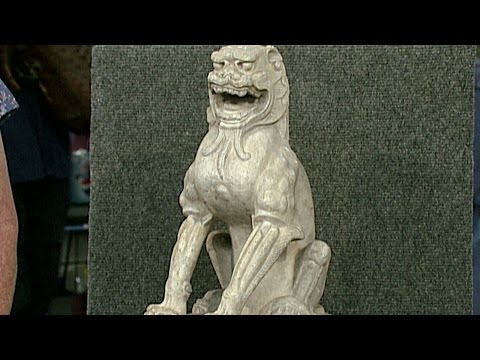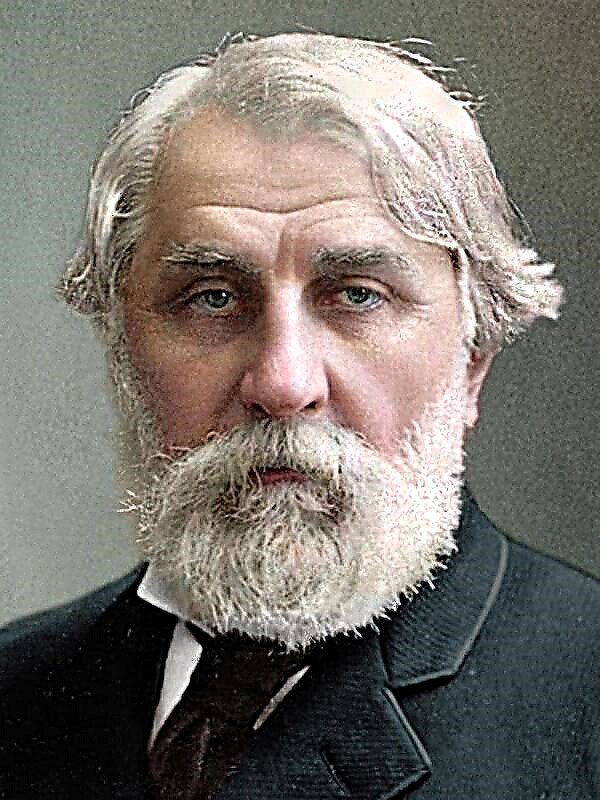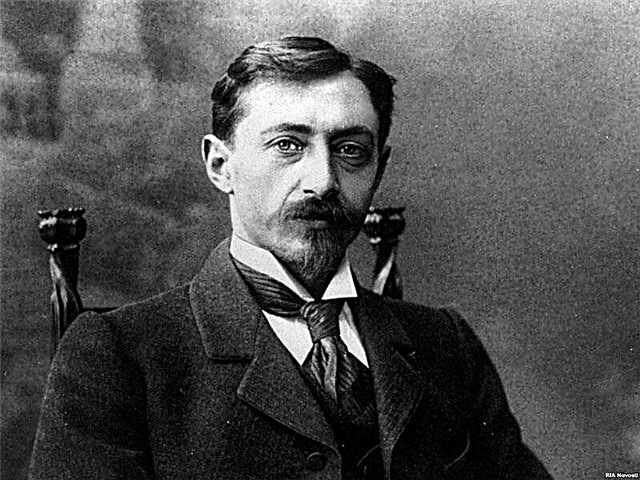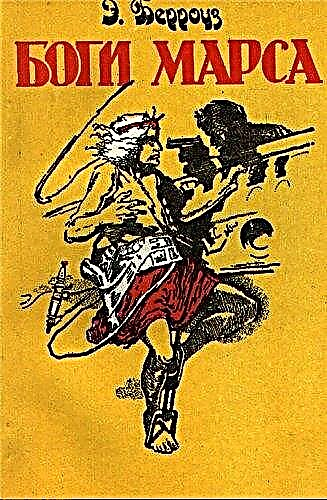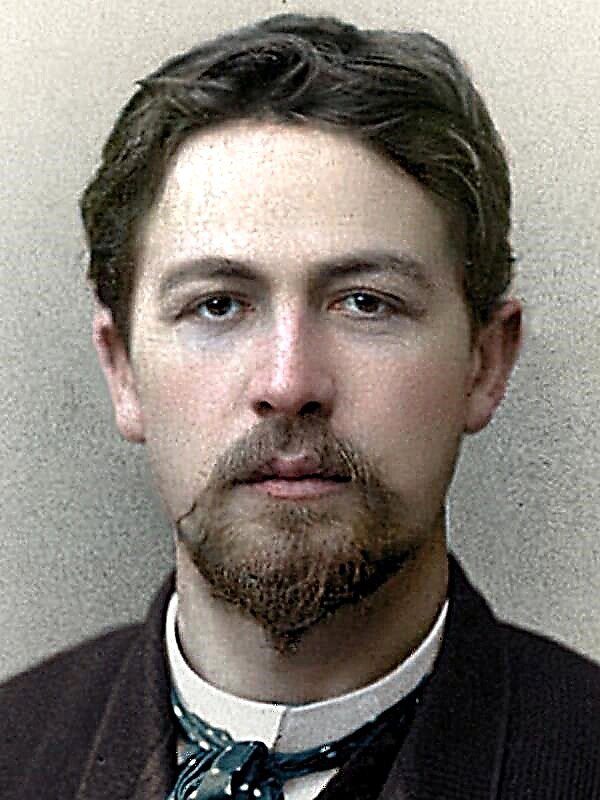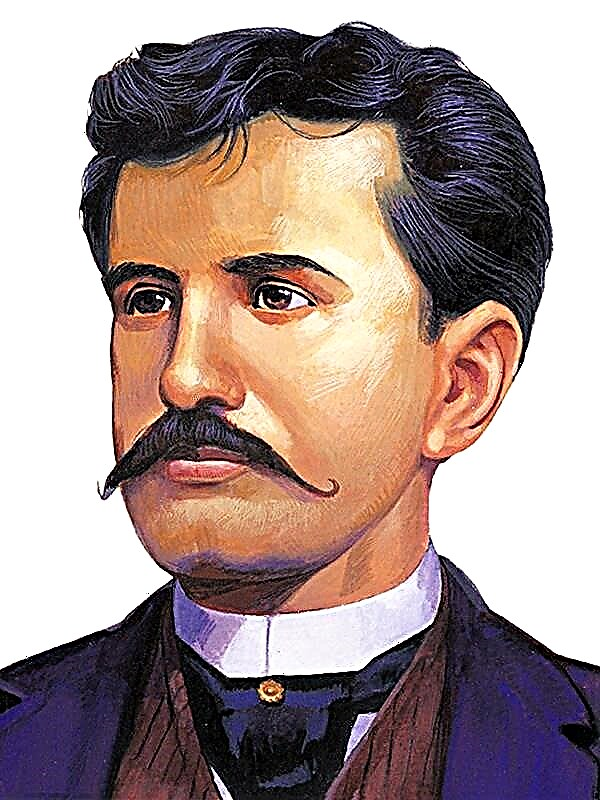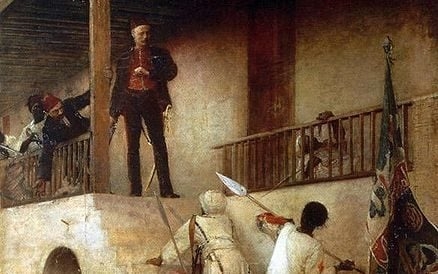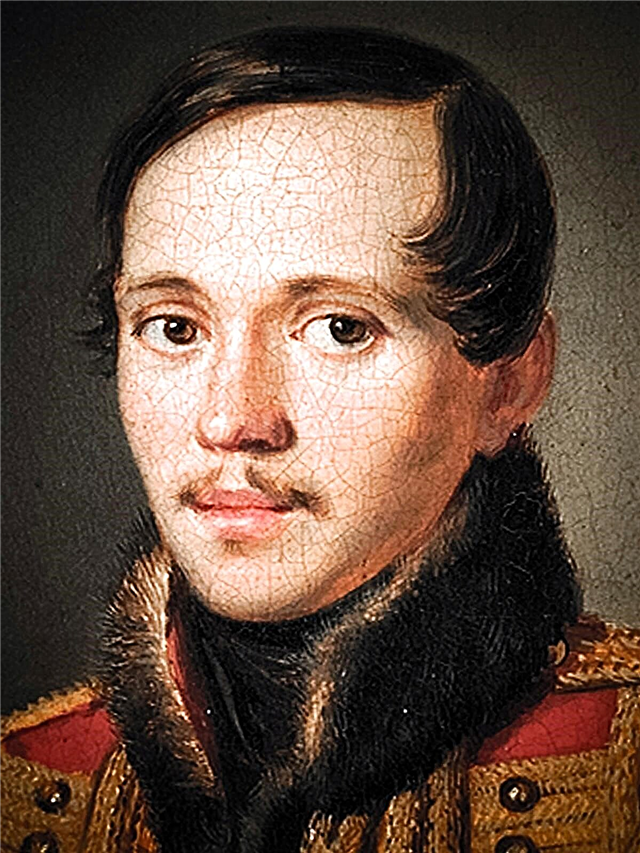(392 words) Alexander Andreevich Chatsky - a nobleman, a bright representative of the advanced generation of the Decembrist era of the 1820s.
Chatsky is a “new type” hero, whom the author introduced into the outline of the story in order to emphasize the insolvency of the views on the life of representatives of the “past century” and to encourage the youth of the “present age” to actions aimed at changing the social system. Alexander Andreevich expresses his thoughts about the destructive effect of serfdom on servants subordinate to the landlords, the gradual necrosis of the souls of senior officials, because the main goal of their life is to achieve wealth, the gradual disappearance of patriotism, which is replaced by a blind imitation of French standards in fashion and language .
Chatsky is rather hot-tempered, which can be easily seen in the episode where he speaks unflatteringly at Molchalin, whom he finds next to Sophia on the day of his arrival in Moscow after long wanderings. Having not found answers to questions in the direction of Sophia, Alexander begins to talk with Molchalin, hinting that he must have already climbed the career ladder, "because now they love wordless." These sharp words indicate that Chatsky is “sharp on the tongue”. Even Sophia herself notices this, calling him to herself “not a man! snake!"
About the masterful character of the hero is evidenced by his response to the words of Famusov that it is necessary to "serve." The young man declares that he "would be glad to serve, to be sick nauseously." From this moment on, the head of the estate began to have thoughts that Chatsky’s speeches were too “freedom-loving”.
Noticing that Sophia has feelings for Molchalin when he falls off his horse, Alexander Andreevich talks to them one by one and decisively understands that the girl simply could not fall in love with a person worshiping power, because Chatsky is unpleasant with people who achieved success only thanks to someone else's help. This was the starting point for the development of rumors in Famus society (thanks to Sophia) about the madness of a nobleman who so wittily spoke out to people borrowing French culture, instead of defending his own, showing patriotism.
Undoubtedly, Chatsky is smart, which is proved by his bold arguments about the value of education, preserving morality, and the culture of his native land, but A.S. Pushkin has a slightly different opinion on this subject. He believes that “the smart character in the play is A.S. Griboedov. The main character, according to Pushkin, is smart and somewhat stupid at the same time, since he is talking with those who can’t understand his words, so it’s pointless to “throw beads in front of pigs” - all these smart speeches will hit the wall of mistrust and condemnation.
Chatsky remains an incomprehensible, “superfluous person” in Famus society because, preaching his ideology alone, it is very difficult to ensure that society begins to change thanks to the words of one person trying to influence him.

